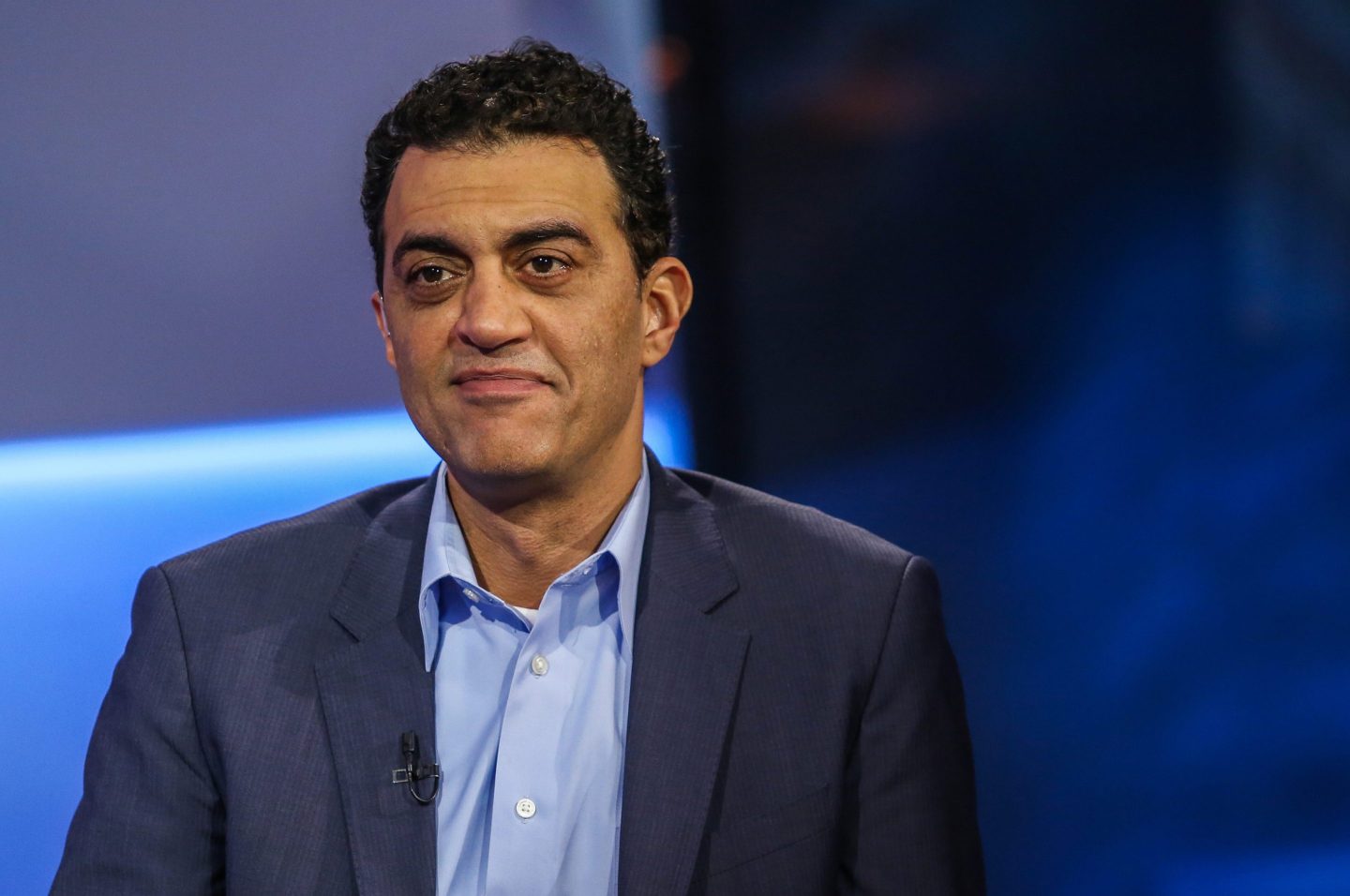Nvidia CEO Jensen Huang predicts AI will not only work alongside people, but also go through a hiring and orientation process to absorb a company’s culture.
In an interview with Citadel Securities last week, the 62-year-old billionaire cofounder of Nvidia estimated the potential market for agentic AI labor could be trillions of dollars, as digital nurses, accountants, lawyers, and marketers join the workforce.
“I wouldn’t be surprised if you license some and you hire some, depending on the quality and depending on the deep expertise,” Huang added. “So future workforces in enterprise will be a combination of humans and digital humans.”
Those AI workers could also be based on a range of platforms, with the chip boss name-checking the likes of OpenAI, Harvey, OpenEvidence, Cursor, Replit, and Lovable.
Other AI agents may be homegrown. Nvidia has developed its own to safeguard proprietary knowledge and data, Huang said. In fact, the company already has a lot more cybersecurity AI agents than people working on cybersecurity, he added.
Later in the conversation, Huang explained how critical the onboarding process is at Nvidia, which needs to impart its culture, philosophies, and practices to new hires. Digital humans will be no different.
“I tell my CIO, our company’s IT department, they’re going to be the HR department of agentic AI in the future,” he said. “They’re going to be the HR department of digital employees of the future. And those digital employees are going to work with our biological ones, and that’s going to be the shape of our company in the future.”
Other tech leaders envision a similar scenario of humans and agentic AI employees working together.
At this year’s World Economic Forum in Davos, Switzerland, Salesforce’s Marc Benioff said he and many of his fellow CEOs would be the last cohort of executives to lead all-human workforces.
“From this point forward … we will be managing not only human workers but also digital workers,” he said.
Also at that event, Anthropic CEO Dario Amodei said that by 2026 or 2027, AI systems will be “better than almost all humans at almost all things.”
Of course, such predictions have also generated anxiety about how humans will fit into the new AI-powered labor market.
Evidence has been mounting that recent college graduates are having a harder time finding jobs because companies are relying more on AI. Amodei even warned this year that AI could wipe out roughly 50% of all entry-level white-collar jobs.
The deployment of AI agents across organizations has tripled since the fourth quarter of last year, according to KPMG’s AI Quarterly Pulse Survey from June.
It also found that 82% of business leaders believe AI agents will become valuable contributors within the next year, and the same number believe these agents will completely change the business landscape in the next two years.
In addition, 87% of business leaders believe AI agents will force organizations to redefine performance metrics and upskill their employees in roles that AI could displace.
“This isn’t just about technology adoption,” said Todd Lohr, head of ecosystems at KPMG. “It’s about fundamental business transformation that requires reimagining how work gets done and how it is measured.”













